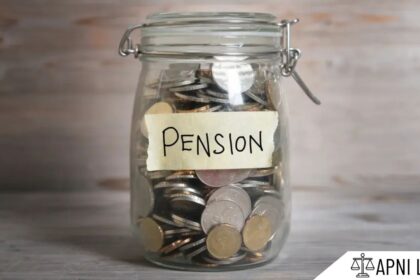Code
1[14. “Servant of Government”.–The words “servant of Government” denote any officer or servant servant continued, appointed or employed in India by or under the authority of Government.]
Explanation
According to Section 14, a “servant of the Government” is anyone who:
- Holds any office under the Government (Central or State)
- Performs any duty for the Government (Central or State)
- Is paid by the Government (Central or State)
Illustrations
Here are some examples of individuals who would be considered “servants of the government” under Section 14:
- A police officer
- A teacher in a government school
- A clerk working in a government office
- A postman
- A railway employee
Common Questions and Answers
Q: Does a person have to be paid a salary to be considered a servant of the government?
A: No, as long as the person performs a duty for the government, even if they are not paid a salary, they would be considered a servant of the government under Section 14.
Q: Does a private company employee working on a government project qualify as a servant of the government?
A: No, a private company employee working on a government project would not be considered a servant of the government under Section 14.
Q: What is the significance of defining “servant of the government”?
A: This definition is crucial for determining who is liable for certain offenses under the IPC. For instance, offenses like bribery, criminal misconduct, or obstructing a public servant would only apply to individuals who are considered “servants of the government” according to Section 14.








